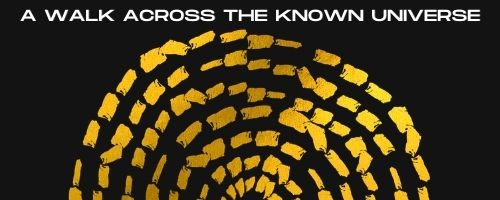Episode 135
Drowsy Yet Vigilant, Slothful Yet Expectant: PURGATORIO, Canto XVII, Lines 73 - 90
Welcome to the fourth terrace of Purgatory proper!
Dante and Virgil reach the top of the stairs just as night falls and the pilgim loses all possibility of forward momentum. He hesitates--from sloth?--and turns to Virgil--still damned!--to explain where they are.
Virgil, the guide of Purgatory. It's still as shocking as it was sixteen cantos ago!
Join me, Mark Scarbrough, as we stop at the cusp of the fourth terrace of Purgatory proper.
Would you like to help underwrite the many costs of this podcast? You can do so with a donation at this PayPal link right here.
Here are the segments of this episode of WALKING WITH DANTE:
[01:29] My English translation of the passage: PURGATORIO, Canto XVII, lines 73 - 90. If you'd like to read along or continue the conversation with me, please find this episode on my website, markscarbrough.com.
[03:12] What truce has been called when it comes to the pilgrim's legs? And why does this fourth terrace of Purgatory seem so very silent and empty?
[07:33] Is Dante the pilgrim hesitant? Or slothful?
[08:59] Why is Virgil's explanation of the terrace so opaque, so poetic?
[10:25] Is COMEDY beginning to value opacity?
[12:37] What is the medieval understanding of sloth? How would Dante define it?
[17:26] How does PURGATORIO, Canto XVII, match two cantos in INFERNO (XI and XVII)?
[21:02] Reading the passage again: PURGATORIO, Canto XVII, lines 73 - 90.


